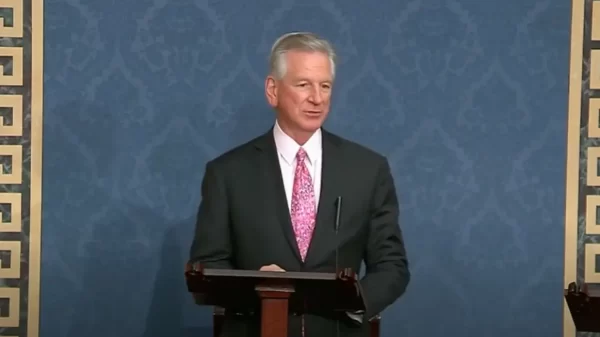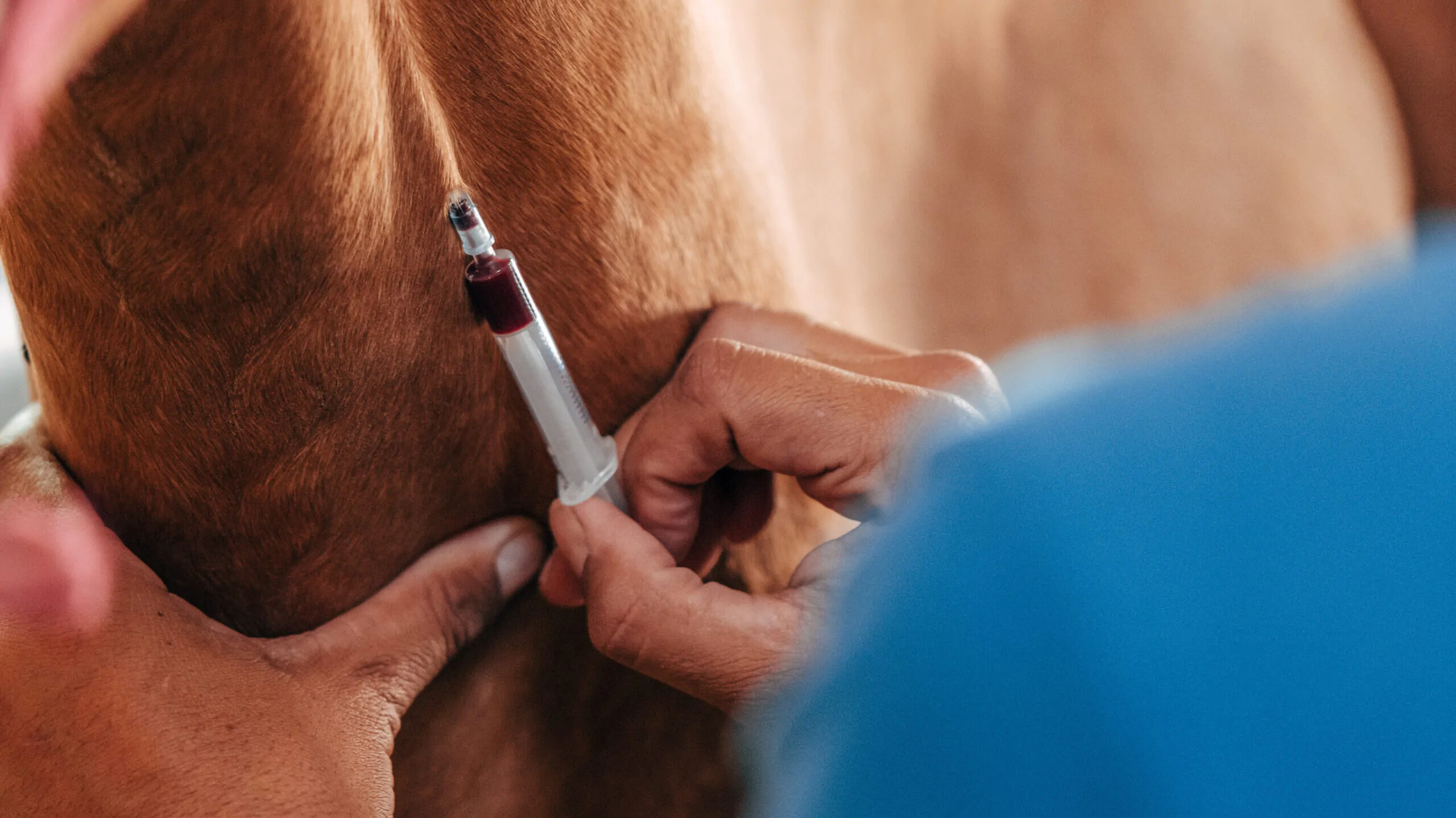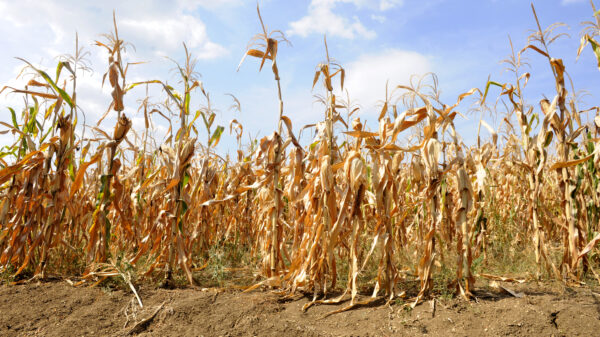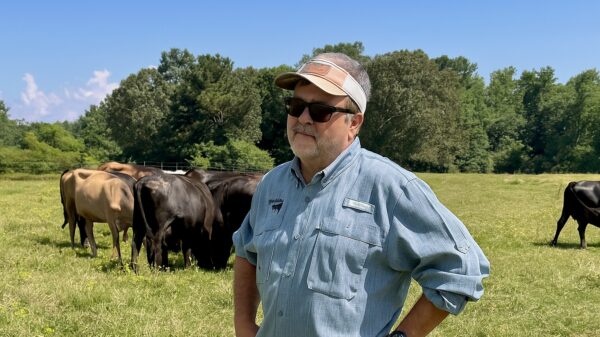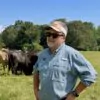Alabama Department of Agriculture and Industries Commissioner Rick Pate and State Veterinarian Dr. Tony Frazier are encouraging horse owners to vaccinate for Eastern Equine Encephalitis and West Nile Virus.
WNV is a significant health threat to horses because it can cause severe neurological diseases. Most cases occur during mosquito season, which starts in the summer and continues through fall.
EEE is a mosquito-transmitted disease that is more severe than West Nile Virus. The mortality rate in horses from WNV is reported at around 30 percent, while the rate for EEE is almost 90 percent.
“Unfortunately, mosquito-borne viruses like EEE and WNV are prevalent in Alabama’s warm and wet climate. Vaccinating is critical to protect horses and ourselves,” stated Commissioner Pate. “I strongly encourage all horse owners to take preventive measures and ensure their animals are properly vaccinated.”
These viruses cause inflammation or swelling of the brain and spinal cord. General symptoms include central nervous system signs such as head pressing, convulsions, lack of response to facial stimulation, fever above 103 degrees, ataxia, paralysis, anorexia, depression and stupor. Other symptoms may include irregular gait, teeth grinding, circling and staggering. An infected horse may not exhibit all symptoms.
“We recommend vaccinating your horses every six months against both EEE and WNV,” said State Veterinarian Dr. Tony Frazier. “Horse owners should contact their local veterinarian to schedule these important vaccinations and ensure their animals are protected.”
In addition to animal vaccination, performing these preventative measures can reduce the risk of EEE and WNV:
- Reduce Mosquito Exposure: Use insect repellents, keep horses indoors during peak mosquito activity (dawn and dusk) and utilize fans to reduce mosquito landing rates.
- Eliminate Standing Water: Remove or regularly change standing water sources where mosquitoes can breed, such as water troughs, buckets and old tires.
- Monitor Health: Regularly check horses for signs of illness listed above and consult a veterinarian immediately if symptoms of EEE or WNV are observed.
Infected backyard poultry flocks or horses cannot spread EEE directly to humans. The virus spreads to people through the bite of an infected mosquito. The public is advised to reduce human exposure to mosquitoes during this time of year when they are most prevalent.
The best way to prevent EEE and WNV is to protect yourself from mosquitoes by:
- Using DEET insect repellent
- Wearing protective clothing like long-sleeved shirts and pants
- Removing any standing water from the premises
- Minimizing outdoor time at dawn and dusk when mosquitoes feed the most
Visit https://www.cdc.gov/eastern-equine-encephalitis/prevention/ for more EEE prevention safety guidelines for humans.
For more information about EEE or WNV related to animals, please contact the State Veterinarian’s office at 334-240-7253.




































